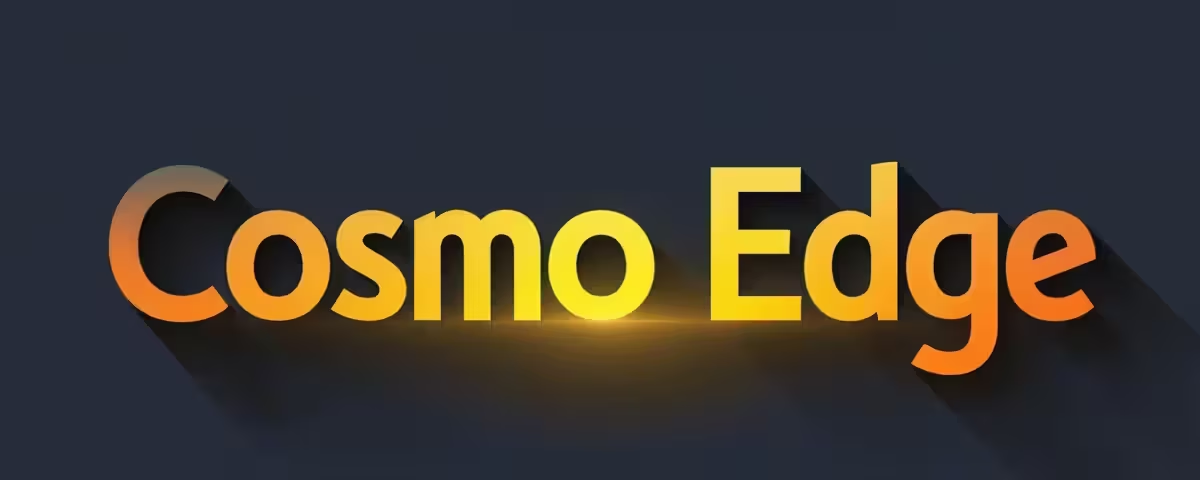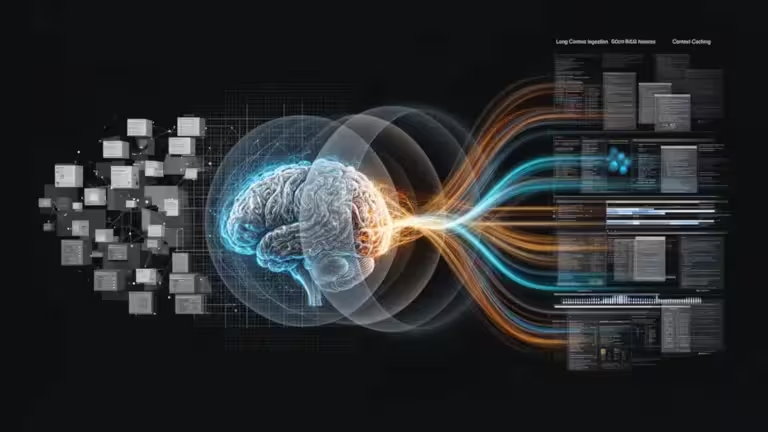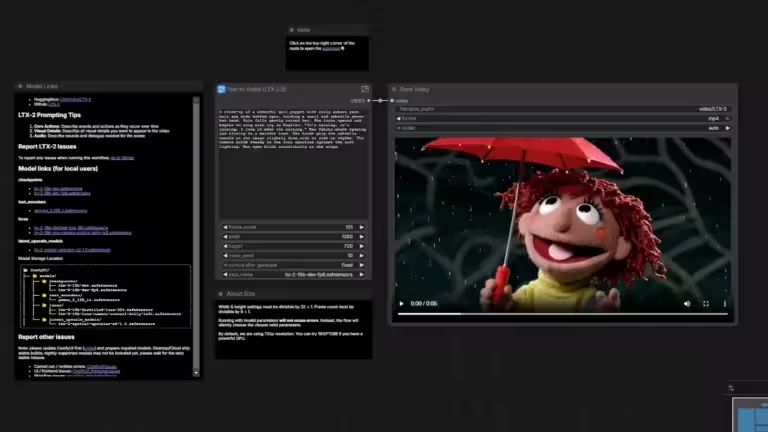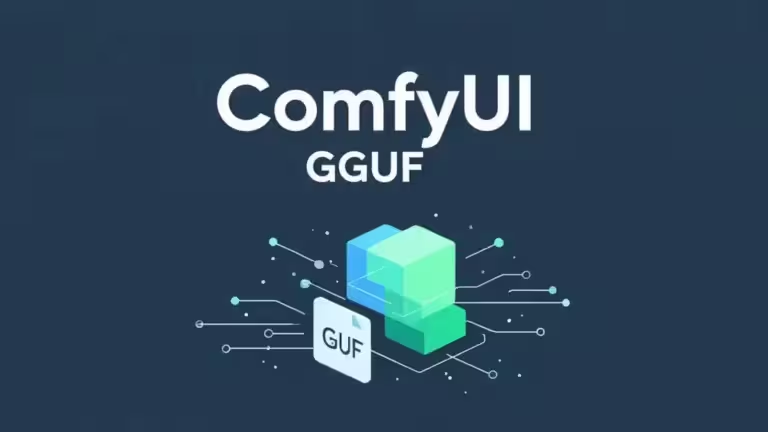ChatGPT Atlas, OpenAI’s AI Browser Divides Its Users
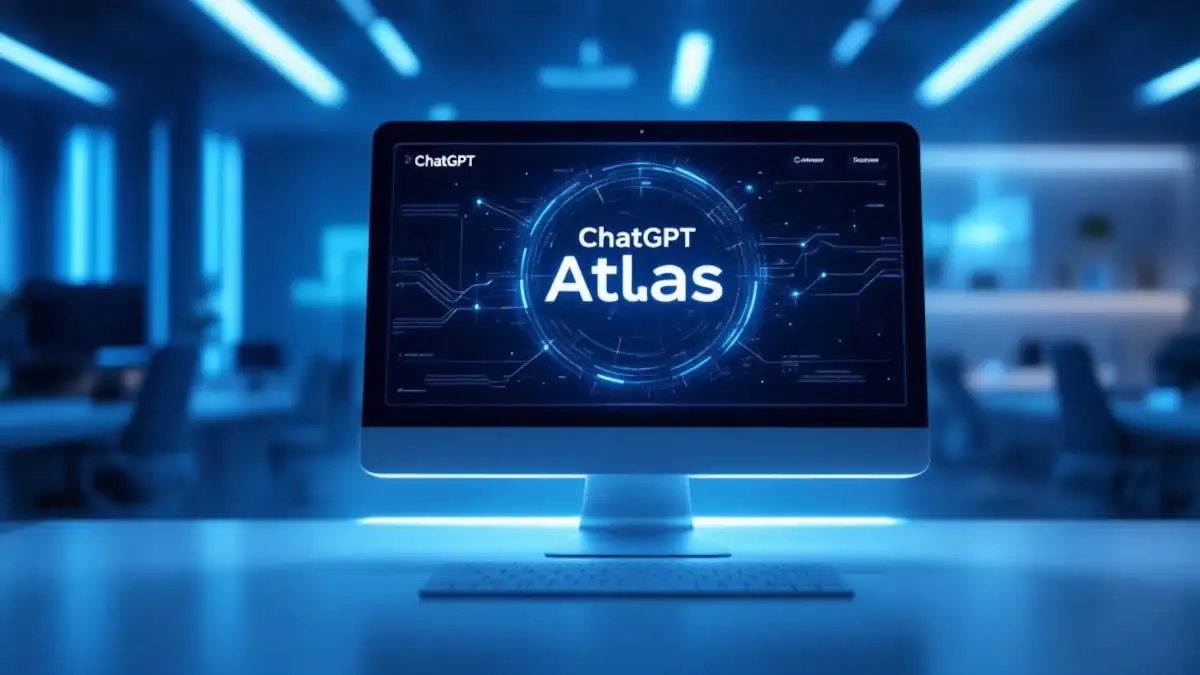
Launched on October 21, 2025, ChatGPT Atlas marks a new step in OpenAI’s strategy, introducing an AI browser that integrates GPT-5 directly into the web experience. The idea is appealing: a single tool blending traditional browsing with real-time artificial intelligence. Yet from the start, the browser has sparked both enthusiasm and skepticism among users. For more on the context of recent AI developments, see AI News: Major Trends from October 20–24, 2025.
A sleek interface and ambitious promises
Many users praise the minimalist design and ease of use of the browser. On Reddit, several testers describe it as “a calm, clean interface, much more relaxing than Chrome” (r/ChatGPTPro).
At its core, the experience relies on the fusion of GPT-5 and the Web. The browser can understand the content of a page, summarize it, or even draft an email without leaving the tab. Some mention the possibility of “prompting directly at the cursor,” a contextual shortcut to interact with the AI anywhere on the page, though this feature remains experimental according to early feedback.
The Home tab functions like an embedded ChatGPT window, combining web results and contextual suggestions. This approach appeals to users curious about a browser capable of reasoning live over the pages they visit, a first step toward truly AI-assisted browsing.
Innovative AI features, but inconsistent results
Despite the innovation, many point out clear functional gaps. In discussions on r/OpenAI, users note that several AI features are unstable. For example, when key information appears in an image or PDF, Atlas often fails to interpret it correctly despite the promise of multimodal comprehension.
In reality, the browser does rely on GPT-5’s multimodal capabilities (text, image, and audio), but not yet in real time. It does not process continuous audio or video streams as some users initially believed.
Another recurring criticism concerns the lack of basic browser functions, such as tab grouping, customizable keyboard shortcuts, or advanced sync options, all considered standard today. For a product carrying OpenAI’s name, that feels like an oversight.
Privacy concerns take center stage
This is perhaps the most sensitive topic. Many users refer to Atlas as offering “100 % surveillance and 0 % privacy,” due to the browsing tracking required for its memory and context features (r/learnmachinelearning).
The browser analyzes history and user interactions to improve GPT-5’s contextual understanding, but this raises serious concerns about data privacy. Some users also fear prompt-injection attacks, where malicious scripts could manipulate the AI model.
OpenAI states in its privacy policy that local data remains encrypted and is not used for model training. However, the technical transparency of these claims is limited, and no independent audit has yet confirmed them.
A confusing monetization model
Another frequent complaint revolves around the paywalled AI features such as automated agents, advanced summarization, and persistent memory. For many, Atlas feels like “Chrome with GPT built-in, but paid,” as one Reddit user put it on r/ChatGPT).
The browser lacks a native ad blocker, and some speculate that it could eventually serve personalized ads based on browsing data, although this remains purely speculative and unconfirmed by OpenAI.
Comparisons with Perplexity and Brave
When compared to its competitors, ChatGPT Atlas still struggles to win over power users. Perplexity Comet, launched a few weeks earlier, is often described as a more polished alternative that already includes cross-tab search, voice dictation, and customizable workflows (r/perplexity_ai).
Others prefer browsers focused on data protection and open-source customization, such as Firefox or Brave, which allow users to add their own AI assistants without compromising privacy.
A promising launch, but uncertain adoption
The general sentiment across forums is one of curious optimism mixed with frustration. Some see Atlas as a glimpse of the “browser of the future,” while others fail to understand what it offers beyond simply running ChatGPT alongside Chrome.
On r/OpenAI, one user summed it up clearly:
“The agent works well, but I’m not really sure what to do with it. The charm of ChatGPT was its simplicity, which Atlas now complicates.”
Overall, ChatGPT Atlas illustrates OpenAI’s move toward a native AI experience, but its success will depend on whether it can balance innovation, usability, and privacy protection.
Limited impact on the AI browser market
Despite its high visibility, ChatGPT Atlas’s real impact on the AI browser market remains modest. Many users see Atlas less as a revolution and more as a natural extension of ChatGPT built on top of a Chromium base. On r/GrowthHacking, testers describe it as “Chrome with GPT-5 integration” rather than a reimagined browser.
That perception limits adoption, especially among advanced users already using third-party AI tools. Competing products like Comet (Perplexity) or Opera Aria show that it’s possible to integrate AI assistants without sacrificing standard browser capabilities.
Still, Atlas holds real potential. Its deep integration with the multimodal GPT-5 model opens new ways to connect text, image, and search. If OpenAI manages to improve performance and strengthen privacy protections, Atlas could evolve into an AI experimentation platform rather than just another alternative browser.
A clear signal of OpenAI’s broader strategy
ChatGPT Atlas is part of OpenAI’s larger goal to bring GPT-5 closer to users, without relying solely on external apps or websites. The company clearly wants Atlas to become an AI interaction hub where conversation, search, and productivity converge.
This move reflects a broader trend: the rise of AI-integrated computing. Atlas aligns with the logic behind Copilot+ PCs and other AI-enhanced environments that reduce latency and blur the line between browsing, writing, and creation.
Yet OpenAI walks a fine line. The deeper AI embeds itself into browsing, the more pressing the questions of transparency, data tracking, and accountability become. Without clarity on how histories and user data are handled, Atlas may face resistance from privacy-conscious users.
Short-term outlook
In the weeks following launch, most feedback indicates that ChatGPT Atlas remains a promising prototype, not yet ready for mainstream users. Key improvements expected include:
- adding basic browser features like tab grouping, synchronization, and personalization
- improving AI engine stability
- ensuring greater transparency around data collection
- and offering AI agents without requiring a paid subscription
Some users suggest that the browser could become essential for professionals if OpenAI integrates its productivity tools, such as Team Workspaces or Custom GPTs, directly into the interface.
A risky but strategic bet
By launching ChatGPT Atlas, OpenAI is testing the limits of what a modern AI browser can become, merging navigation and conversation in a single space. But this ambition reveals a paradox: users want more AI power and integration, yet also demand more freedom and control over their data.
The user reviews reflect this tension. Many praise the design and long-term vision, while others fear the growing lock-in effect within OpenAI’s ecosystem. Atlas is more than just a browser, it’s a gateway to the broader ChatGPT suite, from context memory to custom AI agents.
This deep integration boosts productivity but raises a crucial question: as AI tools become more personal, will they also trap users in a technological monopoly? Switching providers without losing data or comfort is becoming increasingly difficult. Even though ChatGPT allows memory export, the reliance on exclusive features like contextual synchronization or persistent agents naturally creates user retention.
In a market where AI browsers are multiplying, from Perplexity Comet and Opera Neon to Brave AI and Firefox extensions, this issue is becoming strategic. The real challenge is no longer just creating a smart assistant, but ensuring that users can switch AI ecosystems without losing productivity.
Ultimately, ChatGPT Atlas highlights both the power and the risk of total integration. OpenAI must prove it can build an AI browser that is open, interoperable, and privacy-respectful, rather than one that locks users in. In this rapidly evolving landscape, true innovation might not mean doing everything, but allowing users to choose who they do it with.
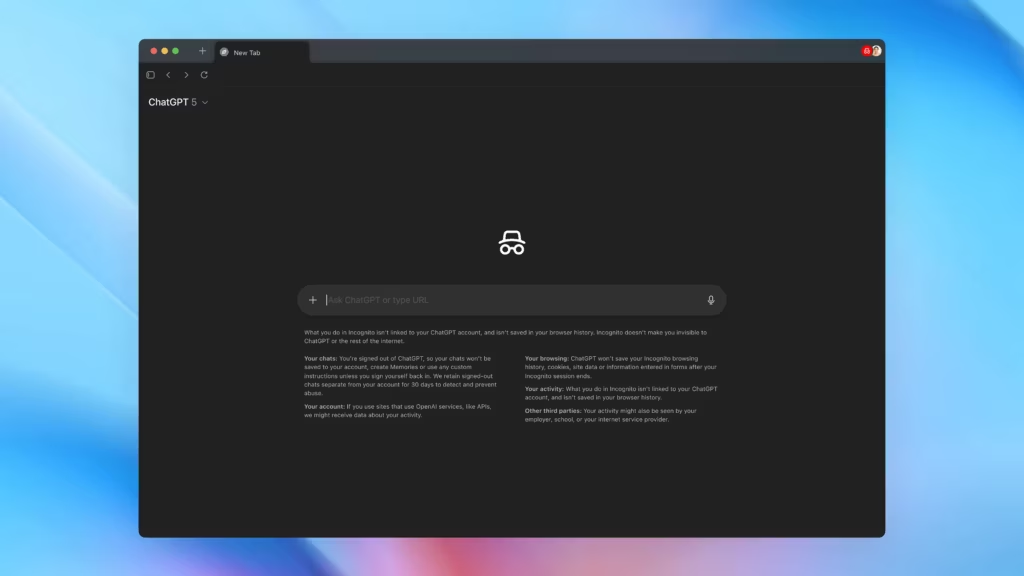
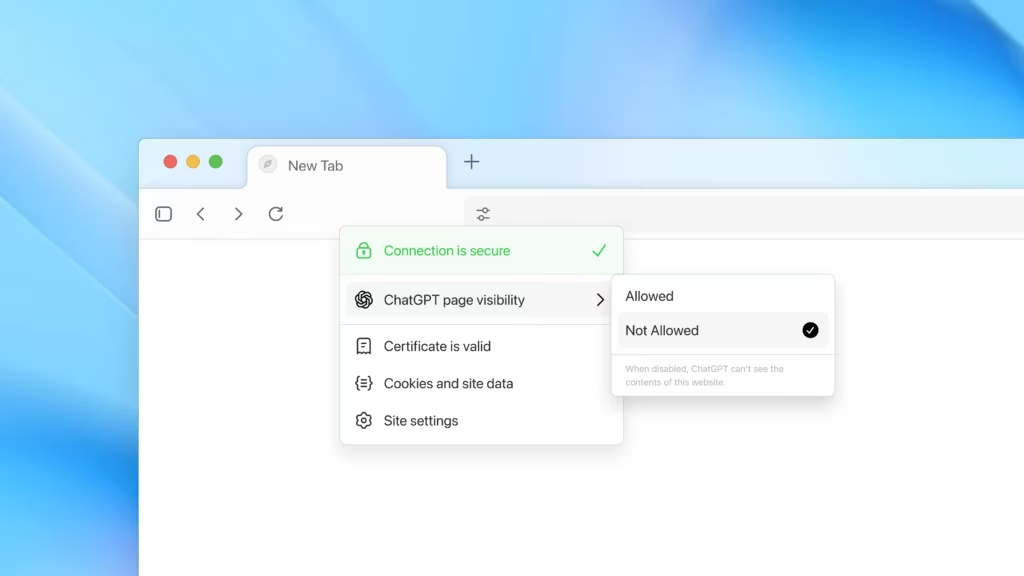
Your comments enrich our articles, so don’t hesitate to share your thoughts! Sharing on social media helps us a lot. Thank you for your support!
